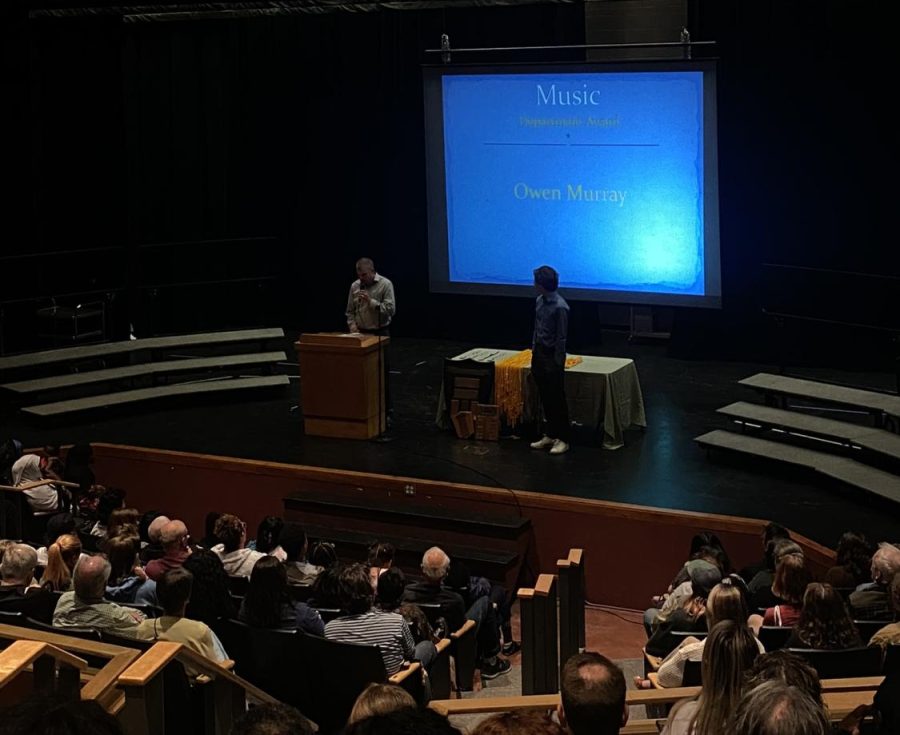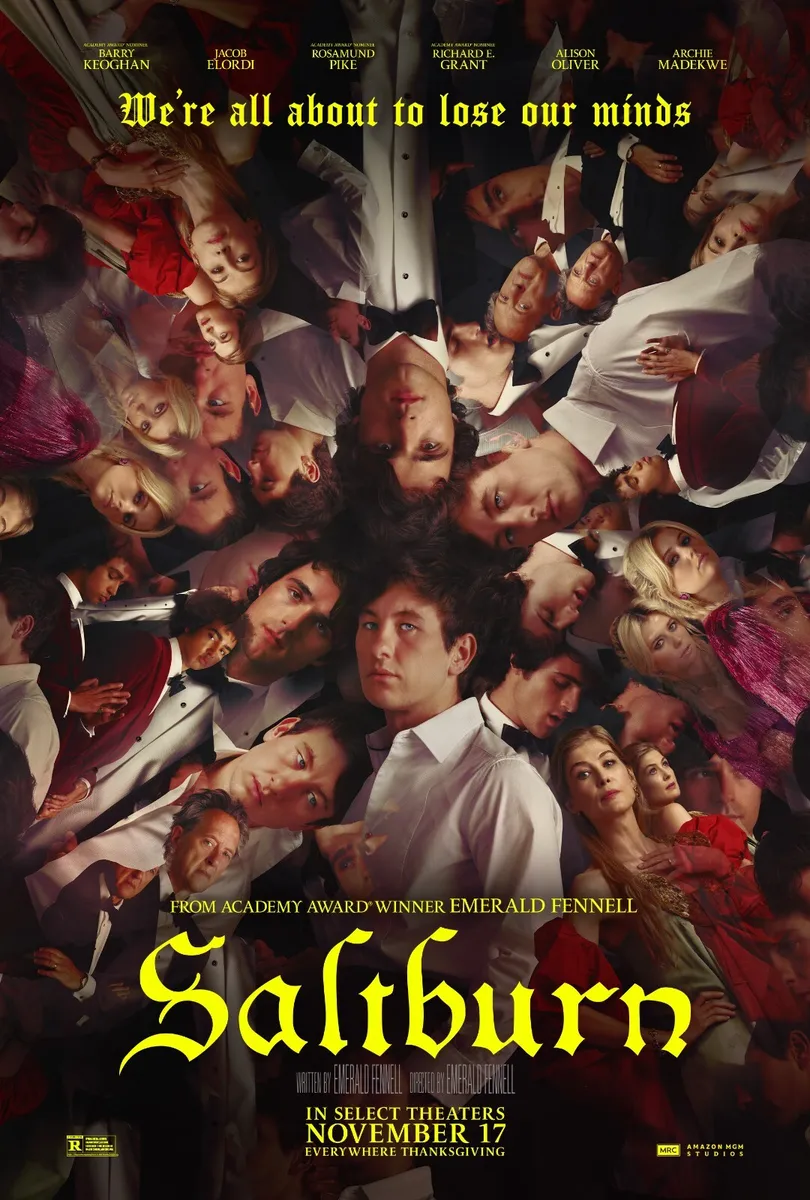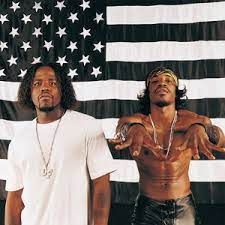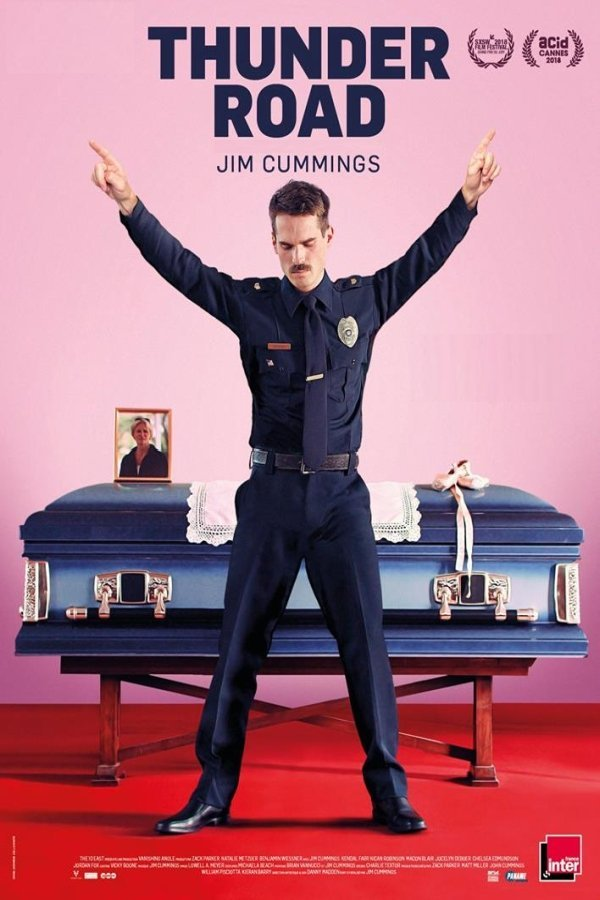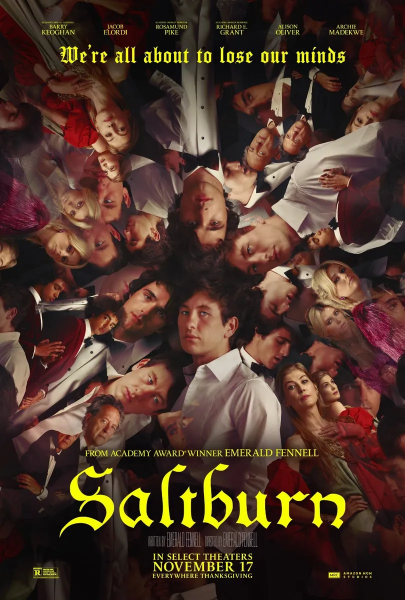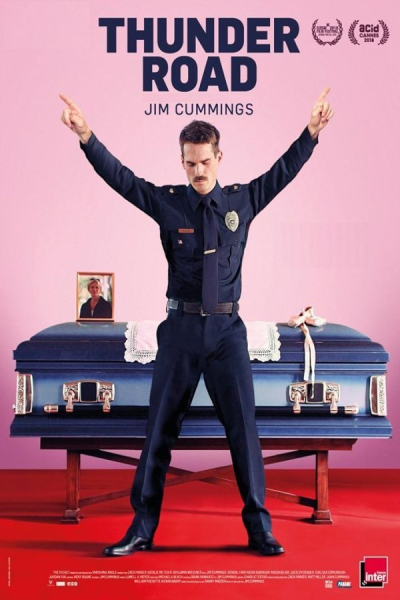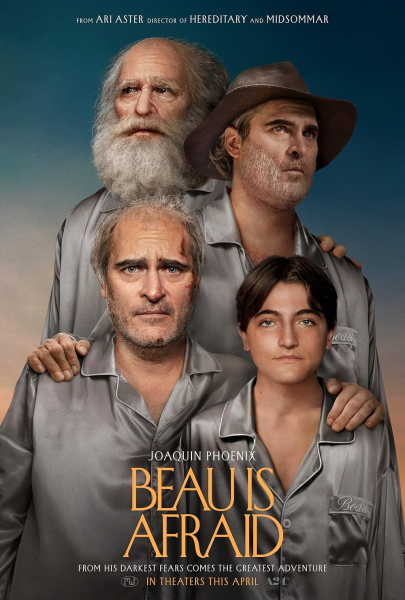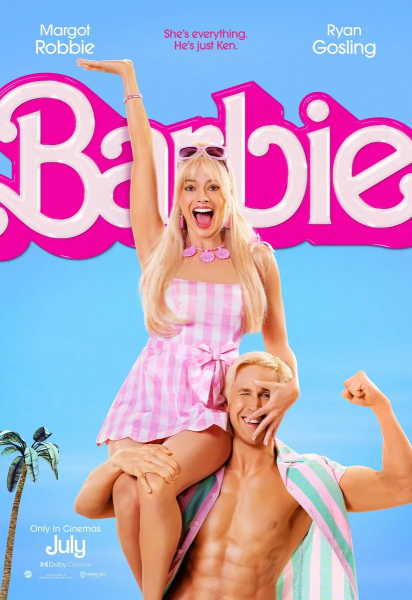AMSTERDAM: A disjointed blend of ideas
David Russel’s Amsterdam is a 1930’s era oddball drama that just falls short of its impact.
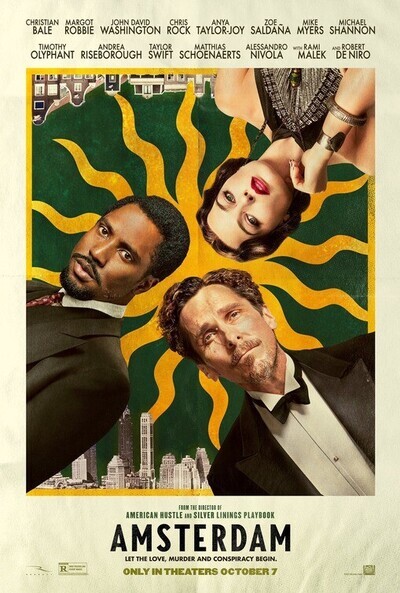
October 19, 2022
The film opens in New York City, where eccentric doctor Burt Benderson (Christian Bale) is working with his best friend/attorney Harold Woodman (John David Washington) to assist wounded veterans such as themselves. Both men’s lives are turned upside down after they’re hired to investigate the death of their former General by his distraught daughter Liz Meekins (Taylor Swift). The first portion of the film is painfully slow. Swift is unformed as an actress and Washington struggles to warm up to his character. Bale seems the only one able to navigate the era-appropriate manner of speech, snapping his lines with a steady rhythm he holds onto throughout the film. But Bale’s performance is not enough to hide the fact that ‘Amsterdam’ can’t decide what to be.
The central plot is muddled by digressions (Of course Swift couldn’t appear in the film without being forced to sing, why isn’t Timothy Olyphant being used more, and where does Chris Rock keep coming from!?) and further moments of intrigue (a grisly autopsy, a sudden murder) are handled so mundanely that their impact is lost on the audience.
The film shows promise when we meet Valerie Voze (Margot Robbie) who gives audience members considering an early exit a reason to stay. Robbie shines as an unconventional artist whose tortured work reflects a struggle to make sense of life during the war.
The film has moments of beauty; Valerie’s’ art, Rami Malek and Anya Taylor Joy are enthralling as her slinky wealthy relatives, and Andrea Risenborough displays a powerhouse of talent as Benderson’s manipulative wife. The sluggish plot receives a much-needed jumpstart by the arrival of Robert De Niro and his effortless portrayal of General Gil Dilenbeck. Truly, the cast is brilliant, but their talents are misused or lost in the film’s failure to pick a direction. Its oddball aspects are never fully embraced, its drama never lands, and the history it depicts is loosely grasped at best. Russel dares you to miss the relevance of Amsterdam’s politics, but he seems to have bitten off more than he can chew, and the resulting societal commentary feels like a half-formed blur.
Perhaps the main failure of the film is that suspense is not allowed to build, rather the villains and conspiracy are laid out for the audience in the last few minutes. Maybe under a director like Wes Anderson the film would have felt more cohesive, but Russel has no idea how to navigate his ideas and ‘Amsterdam’ feels disheveled as a result.
Rating: R, for violence, language and gore
Runtime: 2hr 14 minutes
In theatres now



